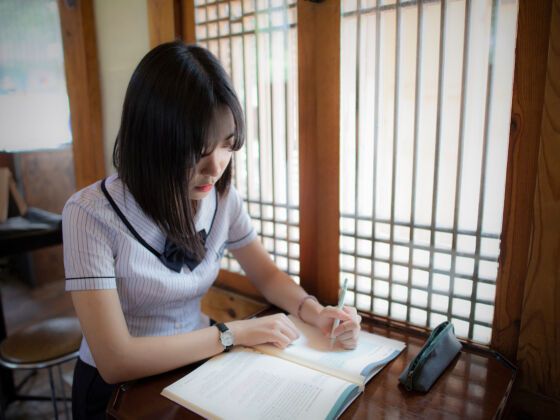1. English schools contribute to classist education.
South Korea’s international schools were originally created to educate the children of foreign expats but now have become for-profit providers of elite global education to the South Korean aristocracy. With a $30,000 per year elementary school tuition, Chadwick International is inaccessible to most expat families. According to the Korean Ministry of Education, 78% of students attending the six major international schools in Korea were Korean nationals, despite a law limiting the enrolment to 30-50%. To put this in perspective, the average tuition for a college student studying abroad is about half that price per year.
The more cost-effective alternative is sending a student to an English kindergarten that is not an international school. English kindergartens charge about $10,000 a year for tuition alone, which is still far beyond the means of the average Korean household which earns about $18,000 in disposable income per year according to OECD’s Better Life Index.
